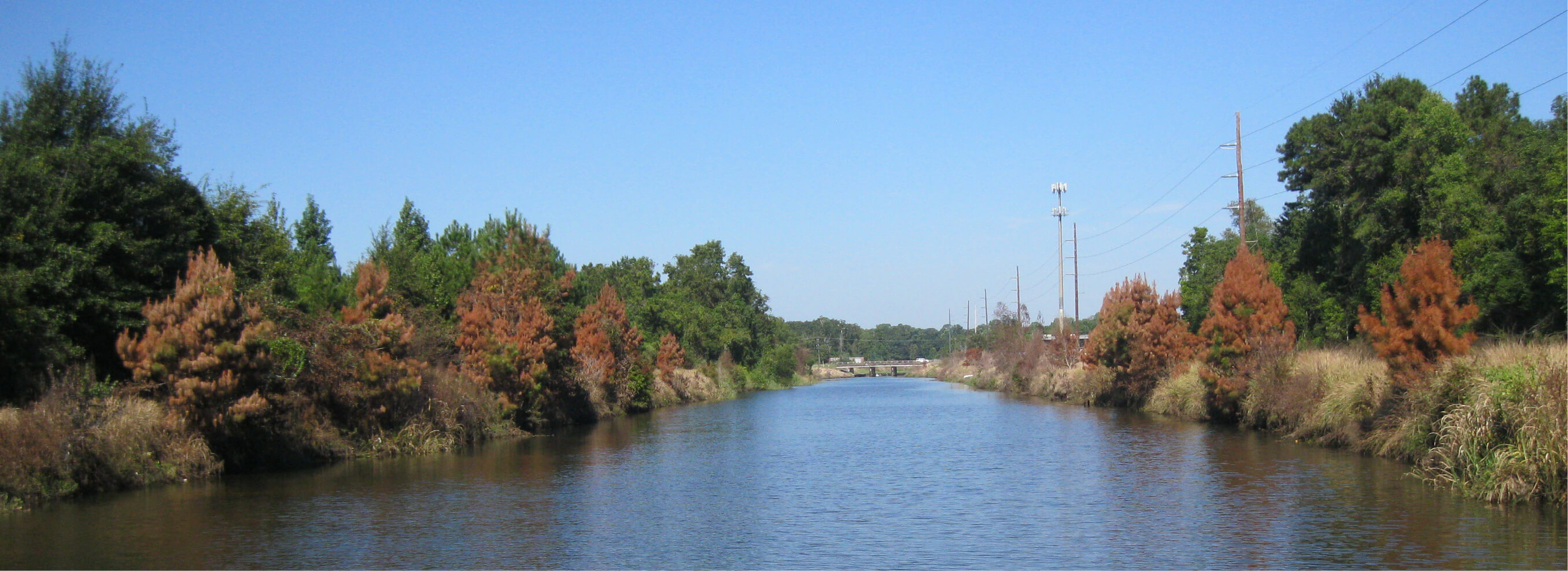Mobile City Council endorses Dog River Watershed Management Plan
May 7, 2018 · Projects

The Mobile City Council has officially endorsed the Comprehensive Watershed Management Plan for the Dog River Watershed. The resolution was sponsored by Mayor Sandy Stimpson, Councilman John Williams and C.J. Small, and submitted by Dianne Irby and the Department of Engineering & Development. The plan was prepared by the Mobile Bay National Estuary Program in partnership with Goodwyn Mills Cawood (GMC) and other concerned community leaders with interest in the long-term viability of this area.
Completed in October 2017 and funded by the National Fish and Wildlife Foundation Gulf Environmental Benefit Fund, the Dog River Watershed Management Plan documents the current state of the water quality and ecological impairment in the Watershed; describes major pollutants; assesses future climate change scenarios; evaluates potential improvement measures and practices; and prioritizes watershed improvement actions. The City of Mobile will partner with the Mobile Bay National Estuary Program and Dog River Clearwater Revival to focus on implementation of specific measures and actions contained in the watershed management plan that coincide with goals stated in the Map for Mobile.
“Having a clear picture of the current status of Mobile’s vast urban watershed is the first step toward lasting improvements. Whether its preventing or removing unwanted materials, increasing public access and awareness, restoring damaged shorelines or protecting critical habitat, we must have accurate scientific data to support our projects, especially the funding of those projects. Having a thorough road-map to help guide our projects will result in wiser use of resources with broader positive impacts.” Debi Foster, Executive Director, Dog River Clearwater Revival
The Dog River Watershed, draining southern portions of the City of Mobile and adjacent, unincorporated areas of Mobile County, Alabama, encompasses 59,705 acres and contributes to the health and vitality of its receiving waters of Mobile Bay. The landscape of this watershed ranges from gently rolling terrain in headwaters downstream to low coastal plains, tidal marshes, and historic wooded wetlands.